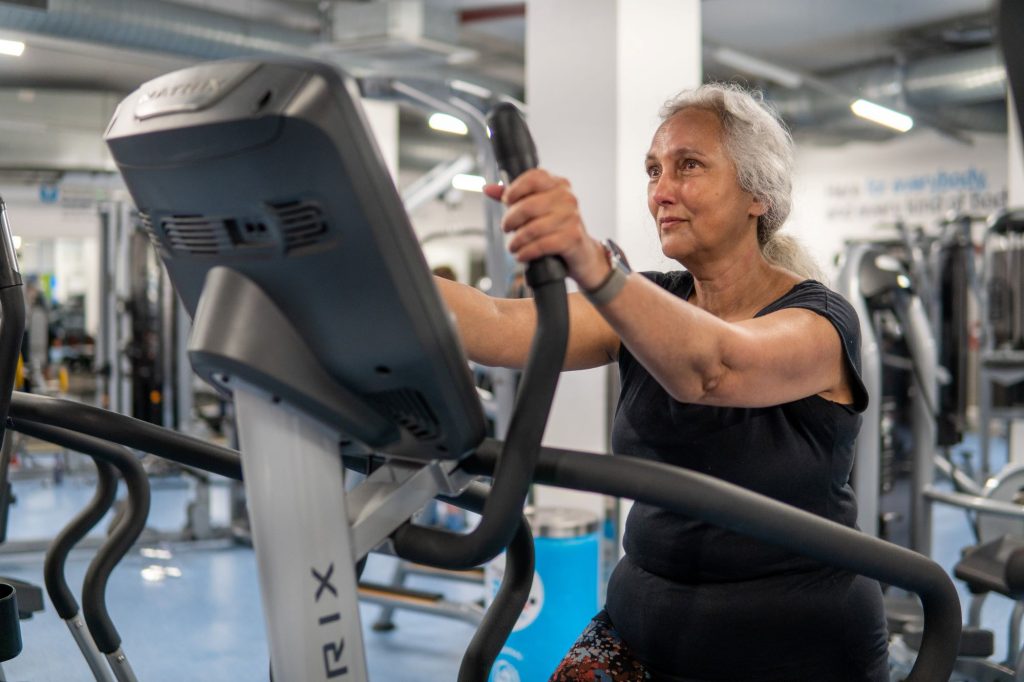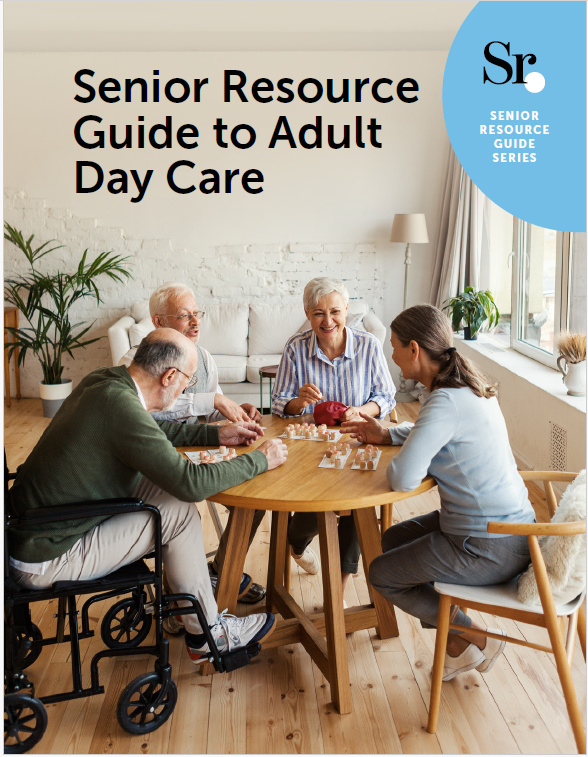10 Tips to Help You Transition to Retirement

Most people can’t wait to reach retirement age. But actually retiring is an ongoing process that takes time. While many consider this to be a pleasant and exciting time, others may flounder. But even for the most excited retiree, there’s still a transition period that can be scary and even a little disappointing. Everyone handles the transition to retirement differently, but it doesn’t have to be an ordeal. So, from one retiree to another, here are 10 ways to make the transition to retirement a little easier.
1. Get involved in an active adult center.

Active adult centers, sometimes known as senior centers, are a great way for seniors to stay socially connected and independent. My wife Mary Ann and I got involved with our local senior center after retirement. I joined the walking club and enjoyed walking three days with a week with the guys. On the other days of the week, we played bocce with about fifteen other people who became our friends on and off the court.
2. Don’t retire all at once.

Have you ever tried to swim in a cold pool? The air outside the water is blisteringly hot, but when you stick your toe into the pool, you jerk it back out again. So, what do you do? Ease yourself into the water, appendage by appendage. You let each part of your body get acclimated to the temperature of the pool, and before you know it, you’re splashing around the water like it’s nothing. Sometimes, you have to ease into retirement the same way. Don’t just pull the plug on your career all at once. Instead, do what my wife and I did. Slide into retirement, cut back on your hours, or go part-time. In fact, part-time retirement is better than it sounds, because it allows you to start the transition to the retirement process. This Boomer can’t recommend it enough.
3. Create a retirement schedule.

Listen. The simple fact of the matter is, if you treat retirement like one extended vacation, you’re going to get bored—and fast. Just because you’re retired doesn’t mean that you don’t need structure. You may have broken free from the shackles of the nine-to-five grind, but you still need a schedule, something to keep you productive and occupied. So, before you even retire, decide how you’re going to spend your time. Think of all the hobbies you’d like to take up. Maybe do a little volunteer work. Don’t just sit on your laurels and fritter away all your free time. Make your golden years, well, golden!
4. Try new hobbies.

Whoever coined the phrase “You can’t teach an old dog new tricks” was dead wrong. This Boomer got into writing way later than most. I may not be the best writer out there, but I enjoy the hobby all the same. My pre-retirement self would have never thought to take up writing. My post-retirement self is open to a number of hobbies and activities. I don’t sit around my house, watching TV and being lazy. I make the most of my time. Try to make the most of your time, too.
5. Find friends who are in your shoes.

When you retire, you’re going to lose touch with your work friends. It’s a sad reality for most retirees. However, that doesn’t mean that you have to be lonely in retirement! My advice is to look for new friends, especially fellow retirees. Odds are, they’re also on the hunt for new friends. And, if you’re both retired, you’ll have a lot of time and energy to devote to your friendship. Not to mention, you’ll have people to do things with! Not sure where to begin your friend search? Refer to the first tip. Senior centers are a great place to meet new people.
Tip: Try plenty of things. Do things you like. Be brave and try new things.
6. Prioritize physical and mental health.

Maintaining good physical and mental health is crucial for enjoying retirement. Engage in regular exercise and eat a healthy diet. Also, make sure you’re getting regular sleep! Not getting enough sleep can lead to serious health problems, like memory problems, high blood pressure, and even heart attacks. Schedule regular check-ups with your doctor and address any health concerns promptly. And don’t neglect your mental health! Seek mental health support if needed. It’s important to make sure your brain is as healthy as your body!
7. Consider downsizing or relocation.

Depending on your circumstances, downsizing your home or relocating to a more affordable or desirable location may be beneficial. Evaluate your housing needs and explore options that align with your budget and lifestyle preferences. Choose a one-story home with all the necessary aging-in-place modifications, like a shower grab bar and a security system. Also, think about what sort of climate you’re seeking. Do you like the snow? Hate it? Do you want a little variety in your weather or all sunshine, all the time? Make sure to visit each place you’re considering to be your new permanent home! It’s important to know what you’re getting into first.
8. Plan your finances.

Financial security is a crucial element of a successful retirement. Review your financial situation, including your savings, investments, and potential retirement income sources. Create a realistic budget that accounts for your expenses and expected income in retirement. Additionally, consult a financial advisor to develop a personalized retirement plan. They can create a guide map and expectations for you, taking out all the guesswork.
9. Embrace flexibility and adaptability.

There are a lot of stereotypes out there about older adults being set in their ways. Smash stereotypes and prove everyone wrong! Retirement is a journey, and plans may need to adjust as you experience new things and life circumstances change. Be open to new opportunities, embrace flexibility, and adapt your plans as needed. Now is the perfect time to be open to new experiences, vacations, and even friendships.
10. Seek support and resources.

Don’t hesitate to seek support from family, friends, or professional advisors as you transition to retirement. Use available resources, such as retirement planning workshops, community organizations, or government programs. Also, ask your retired friends for assistance or guidance, as well! Here at Senior Resource, we have a wealth of information available with the click of a button. Make sure you check out other great articles like this one before you leave!
Looking for more?

If you’re a retiree on the hunt for more great retirement tips, then check out our Retirement Lifestyle Blog!
Popular Articles About Retirement Lifestyle
Originally published November 20, 2023







